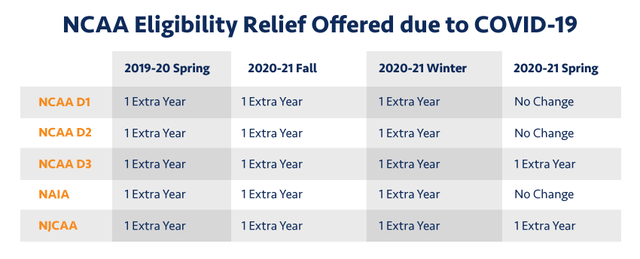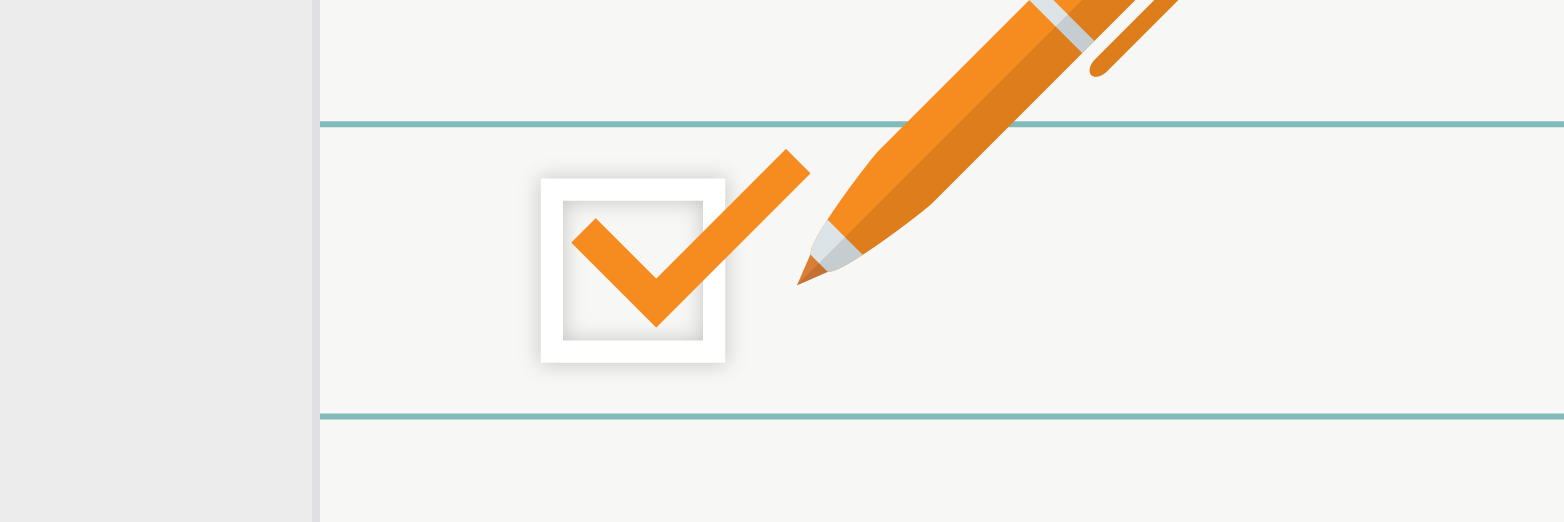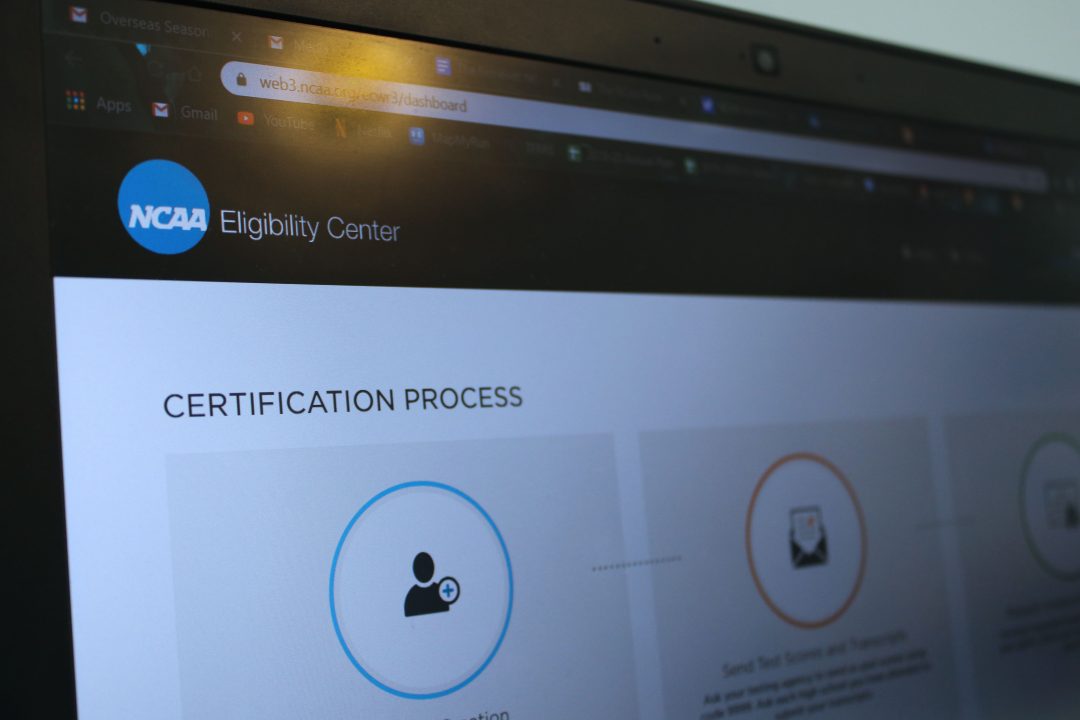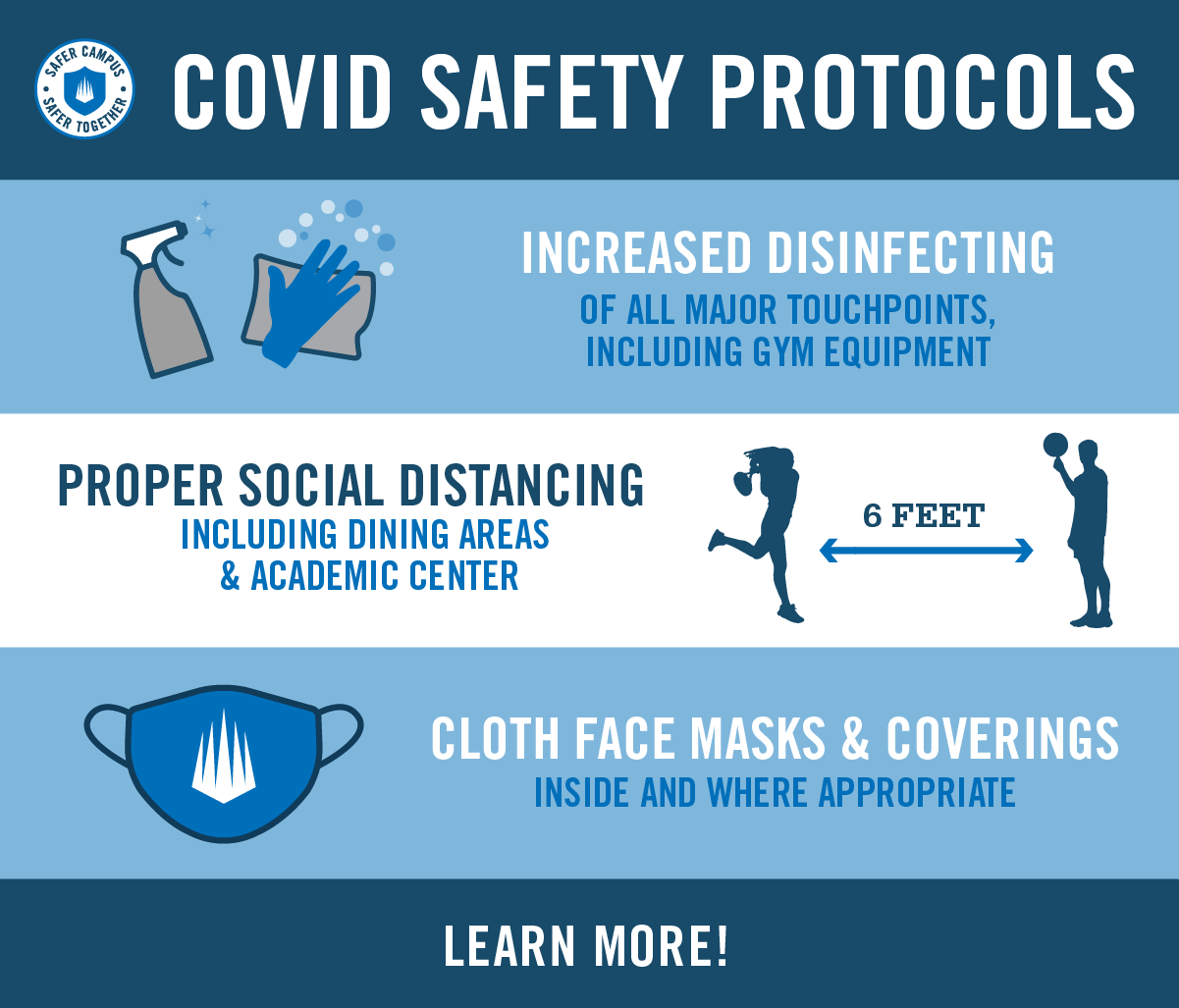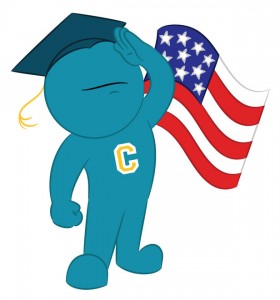Ncaa Eligibility Gap Year
If you're searching for picture and video information linked to the key word you have come to visit the right blog. Our website provides you with suggestions for viewing the highest quality video and image content, hunt and find more informative video content and images that fit your interests.
includes one of thousands of video collections from various sources, particularly Youtube, therefore we recommend this video for you to see. This blog is for them to stop by this site.

After the one-year grace period athletes must stop competing in their sport in order to preserve their eligibility.
Ncaa eligibility gap year. You still need to be eligible for admission to the school and adhere to the amateurism rules. In April of 2010 the NCAA voted to reduce the grace period from 1 year to 6 months for Division 1 schools. This means that following graduation from high school the student-athlete will have 1-year to compete while not losing a year of NCAA Eligibility. National Collegiate Athletic Association.
NCAA Eligibility Center certification. Members also adjusted financial aid rules to allow teams to carry more members on scholarship to account for incoming recruits and student-athletes who had been in their last year of eligibility. Traditionally a student-athlete has 5 years to play 4 years of their chosen sport. NCAA Eligibility Center International Contact Form.
All winter sport athletes will be granted an extra year of eligibility following the 2020-21 season regardless of the number of events they compete in the NCAA DI Council announced Wednesday. There are no gap year rules in NCAA Division 3. First year at an NCAA Division I college or university. Similarly it would be unlikely for an institution to offer admission to a student athlete who fails to meet eligibility standards.
You can take more than one gap year and enroll full-time at as a student-athlete to compete right away. Failure to do either of these can potentially result in the NCAA Eligibility Centre making the decision to deduct you at least a season of playing so it is extremely important. Generally athletes have one year after they graduate from high school to enroll in college. The NCAA Eligibility Center loosened standards for students who initially enroll full-time during the 202122 academic year and intend to play D1 or D2 sports.
In order to be eligible for NCAA competition you must be enrolled at least 12 credit hours in a term. Students wont be required to take the ACT or SAT by the NCAA. Professional or perceived to have been a professional and that you havent participated in any competitions during a gap year after having finished your academic studies. NCAA Eligibility Requirements for Student-Athletes Impact of COVID-19 on NCAA eligibility.
International Academic Standards. Therefore the NCAA allows student-athletes a one-year grace period however the student-athletes clock automatically starts one year after high-school graduation. NCAA Division I student-athletes have a 5-year eligibility clock during which they can compete for up to 4 seasons. An international student is any student who is enrolled in a two-year or four-year school outside the United States.
There are no gap year rules in NCAA Division 3. Friday the NCAA relaxed its academic requirements for those Division I freshman athletes entering school in 2020-21 and whose final semester of high school has been shortened or otherwise affected. Transcript Release Form. Student-Athletes at other four-year college divisions must complete their playing eligibility within their first 10 semesters or 15 quarters of full-time enrollment and attendance.
For students and parents with eligibility questions. That date is always extended to the next opportunity to enroll. 877-262-1492 toll free International Students. Expert tips and advice to prepare you for college entrance.
NCAA Eligibility Center Certification Processing PO. This means NCAA student-athletes can compete in all or a portion of the 2020-21 season but it wont be counted against their years of eligibility depending on their division level specific eligibility rules. Hello all I have found out that the NCAA enforces a gap year rule which states that an athletes eligibility clock begins to tick as soon as he or she graduates from high school. During that year they can continue playing their sport with no penalty.
Essentially athletes only have one year after they graduate to go to college. Dont Fear the Gap Year. Compete in the NCAA next season Skip one of their four years of eligibility to take a second gap year for the 2021 version of the Olympics The NCAAs Division I handbook does provide for waivers. An extra year means a current college student-athlete would have 6 years to play their 4 years.
These standards vary slightly between divisions but essentially students must pass all core academic classes This includes Algebra I. Due to the impact of Covid-19 on regular season play in the fall season of 2020 all three levels of NCAA Soccer - D1 D2 and D3 - have granted an extra year of eligibility for student-athletes. Part-Time enrolling part-time in a junior college or online classes. Prior to this year there was no rule preventing a player from taking a gap year regardless of their reason for doing so.
This offers student-athletes a unique opportunity to enhance their overall academic athletic and personal development. Here is the exact wording of the Bylaw that is effective August 1 2012.
